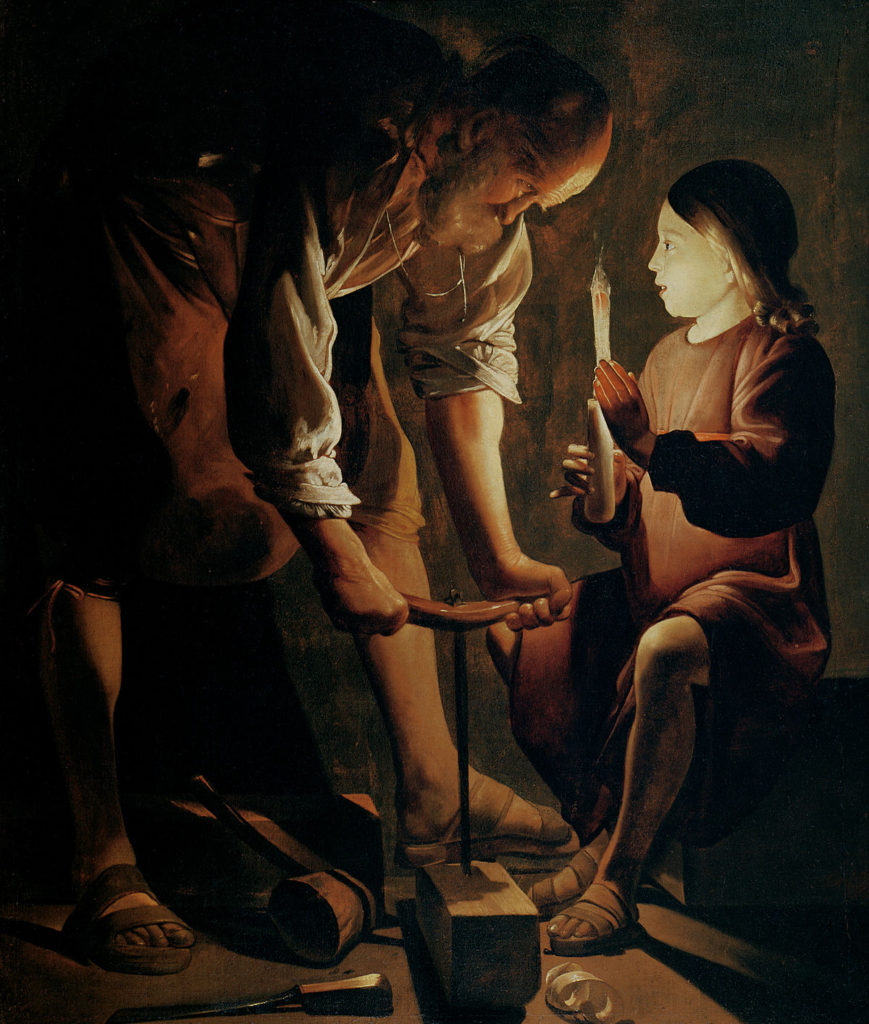Friday
With Father’s Day coming up, I share one of the tenderest poems I know about fathers. I’ve heard Li-Young Lee read this poem upon visits to St. Mary’s College of Maryland, the college where I spent my career and where he came to visit Lucille Clifton. It prompts me to recall important moments with my own father, who died seven years ago at 90 but who is with me always.
The young boy in the poem is traumatized by a splinter, sure that he will die from it. Later, when he looks back, he indicates his hysteria by the ways he considered characterizing it:
I did not hold that shard
between my fingers and think,
Metal that will bury me,
christen it Little Assassin,
Ore Going Deep for My Heart.
And I did not lift up my wound and cry,
Death visited here!
The hands of the father have two realities for the child. They are comforting when they cradle his face, disciplinary when they rise up to strike him. In this case, they comfort:
The Gift
By Li-Young Lee
To pull the metal splinter from my palm
my father recited a story in a low voice.
I watched his lovely face and not the blade.
Before the story ended, he’d removed
the iron sliver I thought I’d die from.
I can’t remember the tale,
but hear his voice still, a well
of dark water, a prayer.
And I recall his hands,
two measures of tenderness
he laid against my face,
the flames of discipline
he raised above my head.
Had you entered that afternoon
you would have thought you saw a man
planting something in a boy’s palm,
a silver tear, a tiny flame.
Had you followed that boy
you would have arrived here,
where I bend over my wife’s right hand.
Look how I shave her thumbnail down
so carefully she feels no pain.
Watch as I lift the splinter out.
I was seven when my father
took my hand like this,
and I did not hold that shard
between my fingers and think,
Metal that will bury me,
christen it Little Assassin,
Ore Going Deep for My Heart.
And I did not lift up my wound and cry,
Death visited here!
I did what a child does
when he’s given something to keep.
I kissed my father.
I love how the father’s “gift” has been planted in the boy, showing up years later when he cares for his wife. The gift is more than the removal of a splinter. It is a tenderness that transcends generations.
The poem has me thinking about gifts from my own father. One came after I said something sarcastic to one of my younger brothers. I don’t remember the occasion—I must have been trying to deflate him, as tweenagers do—but I remember my father’s response. Gently but firmly he told me that one should never burst another person’s bubble.
His admonition alerted me to the preciousness of another’s joy. Since then, I strive to enter into and bolster the excitement of others, whether it’s in the classroom, on the tennis court, or elsewhere. To do so doubles life’s enjoyments.


